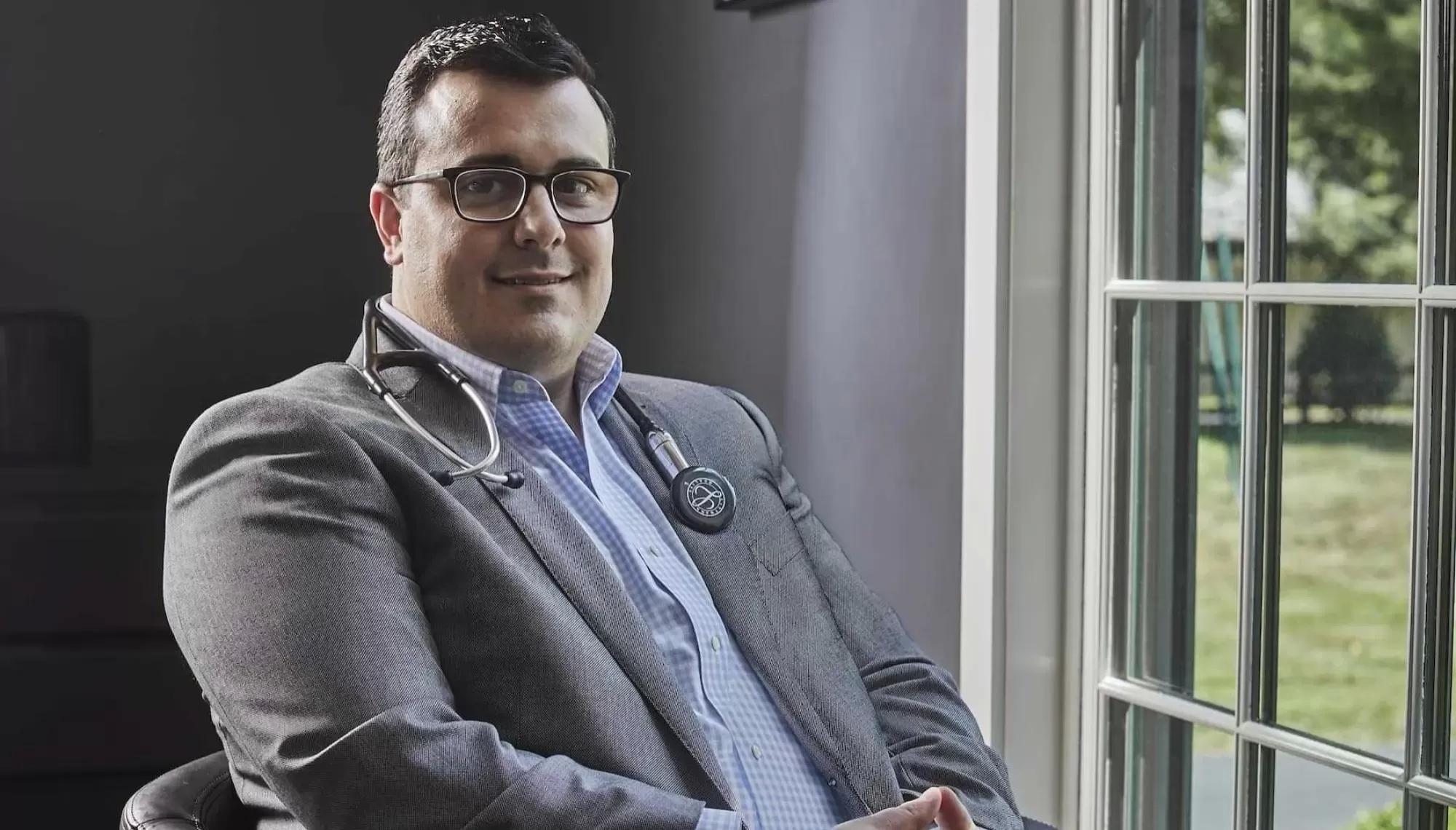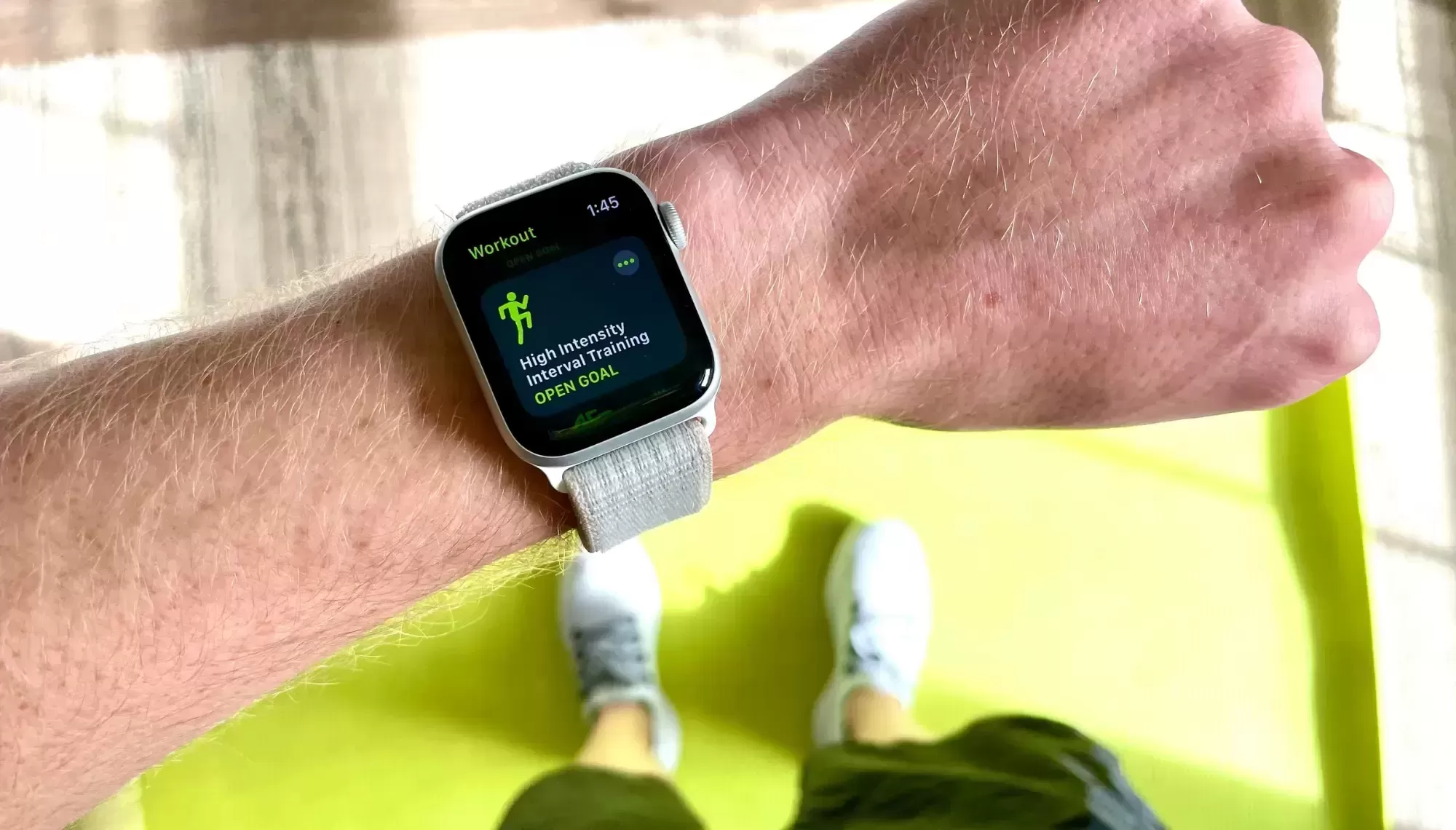Dr. Daniel Devine founded Devine Concierge Medicine with his brother, Dr. Michael, in order to practice a more personal and empathetic level of care. The practice is built on the foundation of a trusting bond between doctor and patient, so read on to learn about Dr. Daniel’s perspective on patient relationships, medicine, and why Devine Concierge Medicine is their solution to a better healthcare experience for patients.
On Medicine, Building Relationships with Patients, and the Resiliency of the Human Body
Q: What is your view on the current healthcare climate in the US?
Our current healthcare climate is reactive and highly fractionated. The rise and popularity of urgent care centers show people are waiting until things get bad prior to seeking care. The rising cost of healthcare is worsened by a bloated healthcare ecosystem and fee-for-service payment structure that misaligns the incentives between physician and patient. Physicians are encouraged to see more patients in ever-shrinking visit timeslots. Quality of care suffers, and ultimately patients pay the price.
At Devine Concierge Medicine, we pride ourselves on being forward thinking. We take a personalized, preventive approach to care. A strong physician-patient relationship is at the center of our ethos.
Q: Why did you want to be a physician?
In other professions, helping others is transactionary. As a physician, my job is to help guide patients and their loved ones through some of life’s most difficult decisions. I wanted to become a physician to use my strengths as a communicator to positively impact others with added expertise in healing. Being a great physician is often challenging but always highly rewarding.
Q: What do you value most about the education you received in becoming a physician?
What I value most about my education is what I have learned from the places it has taken me and the people I have met along the way. My education on the human body and mind has altered my perspective on life. While life is fragile, I have come to respect the resilience of the body’s ability to recover. The 12 years of formal education/training I have gone through have made me who I am today.
Having the privilege to train at storied institutions such as Thomas Jefferson University Hospital and the Massachusetts General Hospital provided me the opportunity to care for the sickest patients with cutting edge medical care. My training has instilled a passion for lifelong learning that continues to this day. I bring these shared experiences to my patients’ homes.
Q: What is your favorite thing about being a physician?
The people and building long lasting relationships with my patients. I enjoy the challenge of making a diagnosis and implementing care plans through shared-decision making. Successfully navigating a patient through an episode of illness brings immense professional and personal satisfaction.
Q: What is your philosophy of medical care?
My philosophy centers on a partnership between physician and patient. I feel medical care should be highly personalized and tailored around a patient’s goals and desires. Compassion, empathy, and social awareness are equally as important as medical knowledge.
Q: How do you approach the interpersonal side of healthcare?
Frequent communication between physician and patient is key to a healthy life. I view communication with my patients as an ongoing conversation in times of good health as well as illness. We know early intervention can prevent small issues from becoming larger problems that may lead to hospitalization and ER visits. Removing barriers to communication is a cornerstone of what we have built with Devine Concierge Medicine.
On Concierge Medicine
Q: Why did you choose to start a concierge practice instead of a traditional primary care practice?
I’ve planned on practicing primary care since prior to starting medical school. My brother, Michael, and I have planned to practice medicine together the entirety of our adult lives. Throughout medical school, residency, and fellowship I realized the traditional way of practicing primary care catered more to insurance companies and quality metrics than patient outcomes. I realized practicing medicine in an office setting only serves the needs of seeing an ever-growing number of patients per day.
Through residency and fellowship, I had the opportunity to go on house calls and saw the difference it made in these patients’ lives. To be able to practice medicine the way I felt it is best served means having to go outside the traditional office-based primary care practice and bring medicine back into the home.
With the growth in technology and telehealth, I feel we are on the cusp of a healthcare revolution. Starting a concierge practice gives me the freedom to practice medicine in a personalized manner where I can dedicate myself free of time constraints to building long-lasting relationships with patients.
Q: What excites you most about starting your own concierge practice?
What excites me the most is having the time and freedom to practice medicine to the best of my abilities. Many physicians share the intellect needed to make difficult diagnoses, but few have enough time to thoroughly explain diagnoses and treatment plans with their patients. Having total patient buy-in with diagnostic workups and treatment plans improves outcomes. Starting my own practice allows me to offer my limited number of patients the type of high touch, compassionate care I would want for my loved ones.
Q: Why do you put a heavy emphasis on preventive care and healthy aging?
Focusing on preventive care and healthy aging helps ensure our patients are able to maintain a high quality of life. High quality of life means having the ability to pursue one’s interests without interference from declining health or aging. Our focus on prevention and surveillance of disease processes helps our patients avoid urgent care visits, ER visits, and hospitalizations.
Q: Why should a patient choose your practice over another concierge doctor or over going to an urgent care?
Our practice differs from most other concierge physician practices in that we center our practice around the house call instead of a traditional brick and mortar office. This allows our patients to save valuable time not lost in a waiting room. Patients are more comfortable, further reducing barriers to care.
Equally as important, our practice will be servicing the Main Line for the next 30-40 years. Many people dread changing physicians late in life due to retirement or relocation. Our patients can rest assured we will be here for them for the long haul. Additionally, we have chosen to limit our total number of patients to half that of a usual concierge practice. With fewer patients, we dedicate more time to ensure our patients receive the most up to date care and assist them in navigating our local healthcare landscape.



